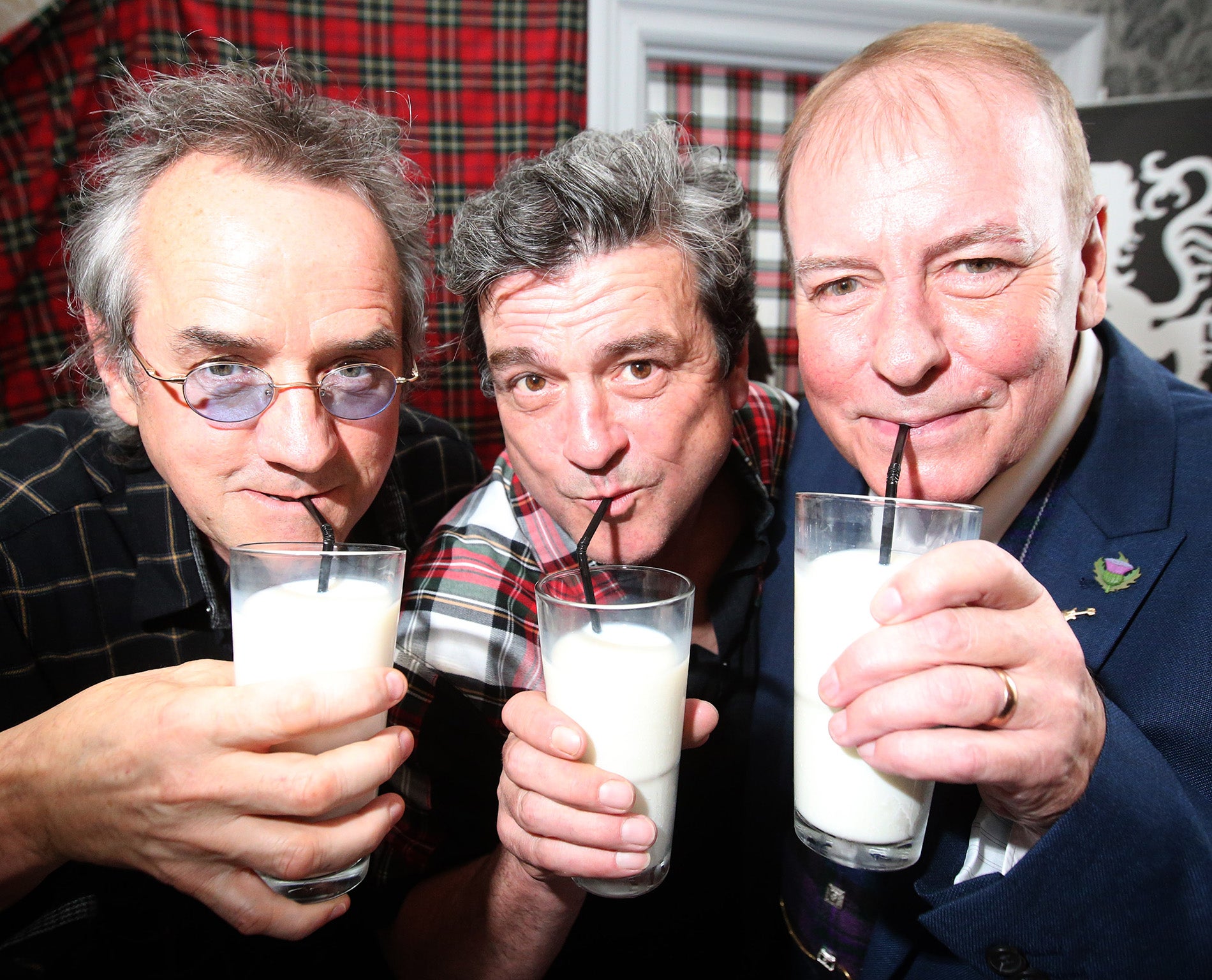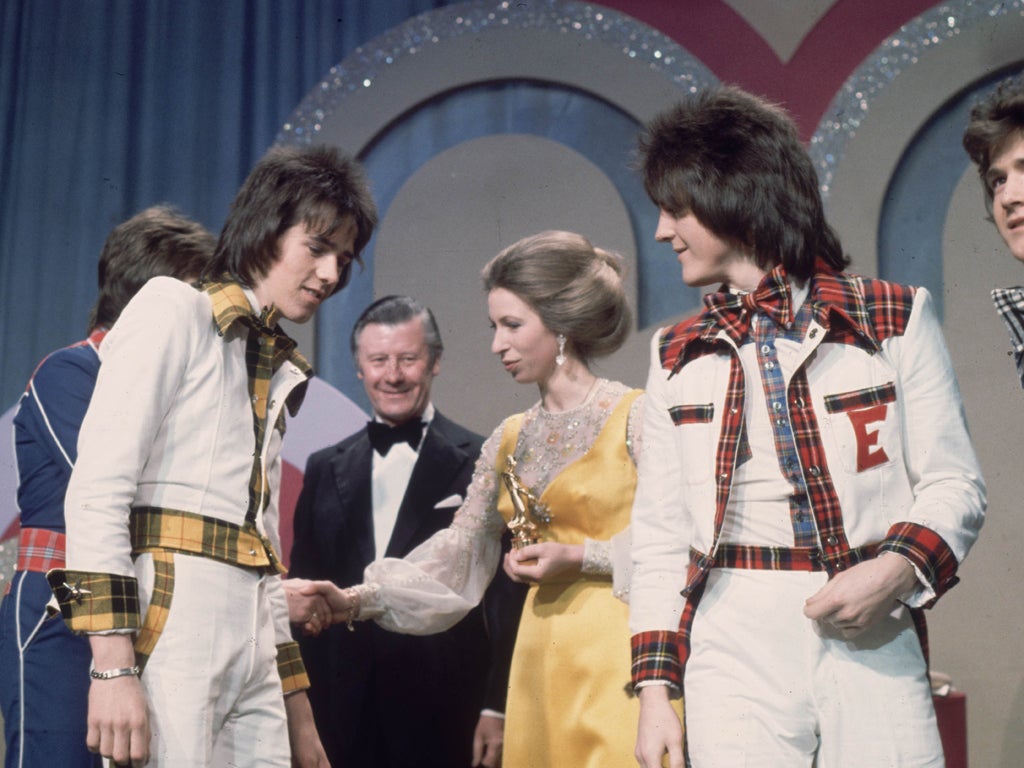Bay City Rollers reunion: New film Rollermania reveals The Ramones and razor gangs as band's musical inspiration
A new BBC Scotland documentary has prompted a revaluation of the Tartan teen idols, revealing a grittier side to the Rollers phenomenon

Behind the cheeky smiles and bubblegum pop hits, the Bay City Rollers’ music was actually inspired by Glasgow’s razor gangs and provided a vital influence on the creation of punk.
A new BBC Scotland documentary has prompted a revaluation of the Tartan teen idols, revealing a grittier side to the Rollers phenomenon.
Bill Martin, the songwriter behind their biggest hits, said the first line of the chorus on the song which secured the band’s breakthrough – “We sang Shang-a-lang and we ran with the gang” – was inspired by his upbringing in the Govan area of Glasgow.
“There were lots of gangs in Govan at the time, lots of razor gangs and what have you,” he told Rollermania: Britain's Biggest Boy Band. “Blue suede shoes is in there, it was all mixed in like a pot pourri. It was phenomenal, it took off like a rocket.” Shang-a-lang was a swear word substitute Martin invented to avoid being hit by his mother.
Writer and broadcaster Stuart Cosgrove, who appears in the documentary, said: “They weren’t running with their school rugby team, they were running with a gang.
“The gang they were referring to was the gangs of their neighbourhoods and the gangs of industrial working class Scotland and the gangs of the late 1960s and early 1970s. It is actually quite a powerful song.”
The Rollers had a direct influence on The Ramones, the New York band which laid down the blueprint for punk. In the mid-70s however, the Ramones were struggling to find their sound.

Craig Leon, the band’s producer, said: “The Rollers were high up on the list of bands the Ramones would think were very cool. Two things were very influential – the idea of quick, three-minute pop songs and everyone having a uniform look where the fans copied what the band looked like.”
The Ramones copied the football terrace chant-style introduction to the Rollers’ US number one single, Saturday Night for their signature punk anthem.
“I don’t see how anyone has missed this,” Leon said. “The opening of Saturday Night is virtually the same as Blitzkreig Bop. If it’s not note for note, word for word, it’s a direct homage.” The Ramones substituted “Hey! Ho! Let's go!” for the Rollers’ “S-A-T-U-R-D-A-Y night” chant.
Shang-A-Lang still stands up to scrutiny today, Martin believes. “It should be the national anthem of Scotland. It’s better than that dirge, Flower of Scotland,” the Glaswegian songwriter claimed.
The BBC documentary charts the Rollers’ dizzying rise and fall. Their decline began with the band’s insistence on writing their own material, jettisoning the hit writing duo of Martin and Phil Coulter.
“The Rollers wanted to play but they’d have been better blowing their nose because they weren't musicians,” Martin said.
Cast adrift by changing musical fashions, the band came to blows at a 1978 concert in Japan over singer Les McKeown’s constant manoeuvring for the spotlight.
The band members spent decades fighting legal battles to reclaim the money owed to them by manager Tam Paton, who was convicted of gross indecency and died in 2009, and their record company.
“Paton was a disgrace, he deserved to die a broken man,” said Martin. “These boys should have had everything.”
Join our commenting forum
Join thought-provoking conversations, follow other Independent readers and see their replies
Comments
Bookmark popover
Removed from bookmarks